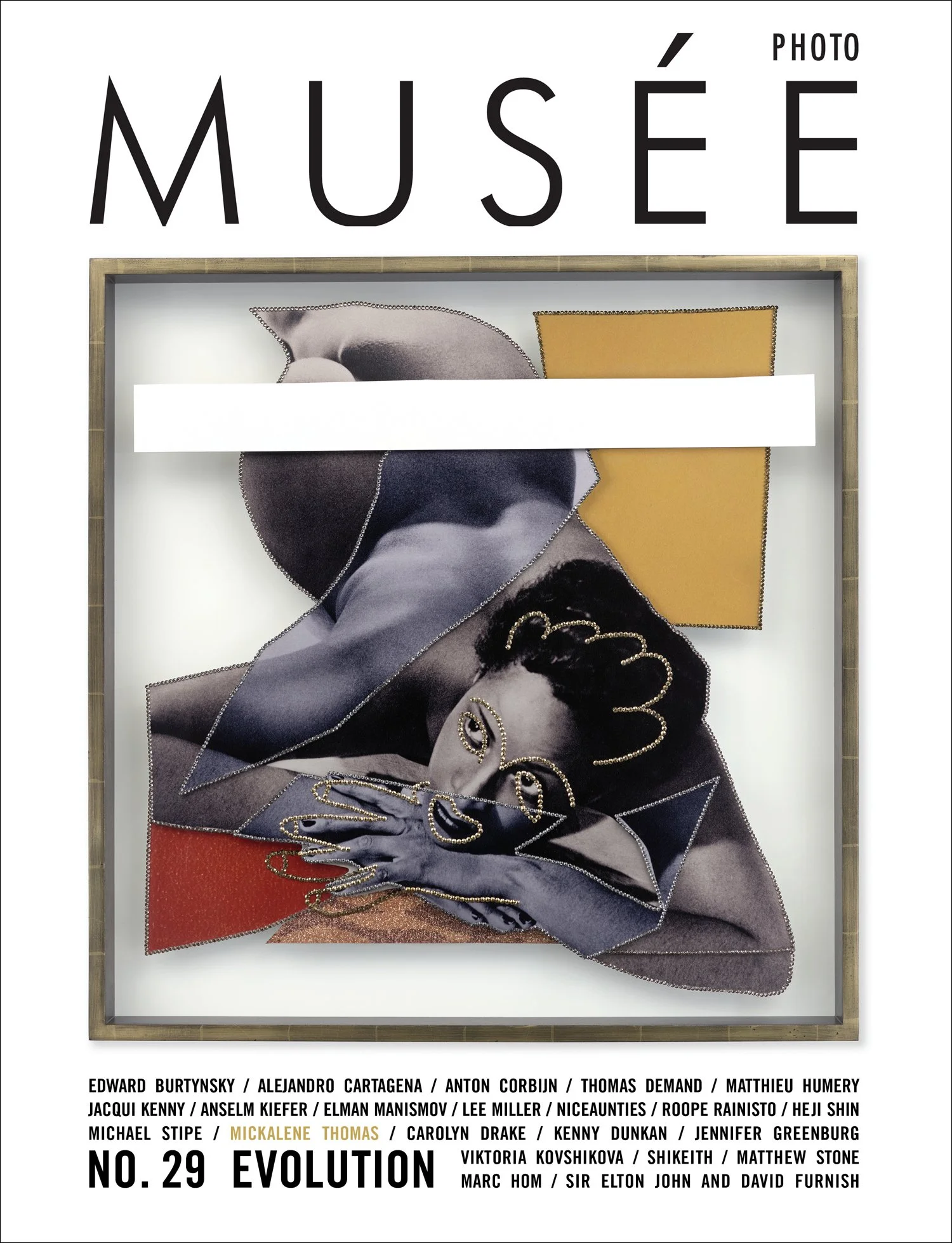An Interview with Elizabeth Heyert: The Idol
© Elizabeth Heyert
By Sarah Sunday
New York-based portraiture photographer Elizabeth Heyert has most recently set about on a female-focused project she has entitled The Idol. In preparation for her upcoming exhibition at the Palazzo Mora during the Venice Biennale, Heyert invited viewers to join her for breakfast in her sunny studio on the morning of March 19th to discuss her artwork. By juxtaposing images of the Virgin Mary with images of main-stream and often provocative women, Heyert explores the different ways in which society can view women: as idols bordering on perfection, and as those sexually wicked and fallen-from-grace. Musée spoke to her of her work on The Idol; her inspirations, her process of creation, and how she hopes to impact her viewers.
Sarah Sunday: I’d like to talk about your creative process, but more specifically, about your process of travel. Where did you go to capture these images?
Elizabeth Heyert: I had this idea that I wanted to do, originally, a series of portraits of Mary as a woman, not as a religious figure. My plan was to go to different countries and to get rid of the religious artifacts and just photograph the woman. So, I tried a number of different countries. I went to France, I went down to Sicily in Italy, I went to Bohemia in the Czech Republic. And I wasn’t finding what I wanted. I found very stylized, artificial looking sculptures. When I photographed them, they looked almost like dolls. They weren’t what I was looking for. So, I finally went to Southern Spain and that’s where I discovered what I was looking for, which was to make portraits very realistic. These were beautifully rendered sculptures. Done in the most realistic way possible, the Mary’s had real hair and real eyelashes. And so then that’s what I did. I made several trips to the south of Spain and then went around to as many churches as possible, because I never knew what there would be to find. It wasn’t that I only went to the Cathedral of Malaga and such large churches, but I also visited some very simple churches that had extraordinary sculptures.
Sarah: Your work speaks a lot about females being held up to this unobtainable level of perfection. Do you think that’s a reflection on your personal life or where did your inspiration come from?
Elizabeth: No, that hasn’t so much been my experience, but it's certainly what I see. The project is called The Idol and it's about how we idolize. You take somebody like Princess Diana or Marilyn Monroe or Whitney Houston. These women have to be everything. They have to be perfect. They can’t show a human side because we want idols. So, it’s not so much about me, it's about what I see happening to women who are idolized. It’s very difficult when they’re almost always brought down in some way, in part because it’s impossible to sustain that kind of perfection. Nobody has it.
© Elizabeth Heyert
Sarah: Do you view yourself as a feminist? Do you view your work as feminist?
Elizabeth: It’s a hard question. Yes, I think of myself as a feminist. I think of that as a very positive term, but I don’t only photograph projects that are about women or strong women or women's issues at all. This is a perfect example [motions to photograph from her series The Bound]. This project in particular certainly explores the different layers of what it means to be a woman who is held up to an unobtainable goal.
Sarah: Do you hope this artwork targets or hits a specific audience, as in more of a male or female audience? Is it for everyone?
Elizabeth: A number of people come to my studio and they come from different backgrounds. I’m fascinated by the different reactions. I would like everybody to have genuine reactions, whether they come to it from a Catholic background, whether they’re a man. Different women have different reactions to it. That’s the only thing you can really hope for when you do creative work - is that people feel something. Even if it's something negative, I just want them to feel something.
For more information on the Venice Biennale, you can visit the curators’ Global Art Affairs Foundation’s (GAA) website here and the European Cultural Centre’s (ECC) website here.
For more information on Heyert’s work, visit her website here.
© Elizabeth Heyert










